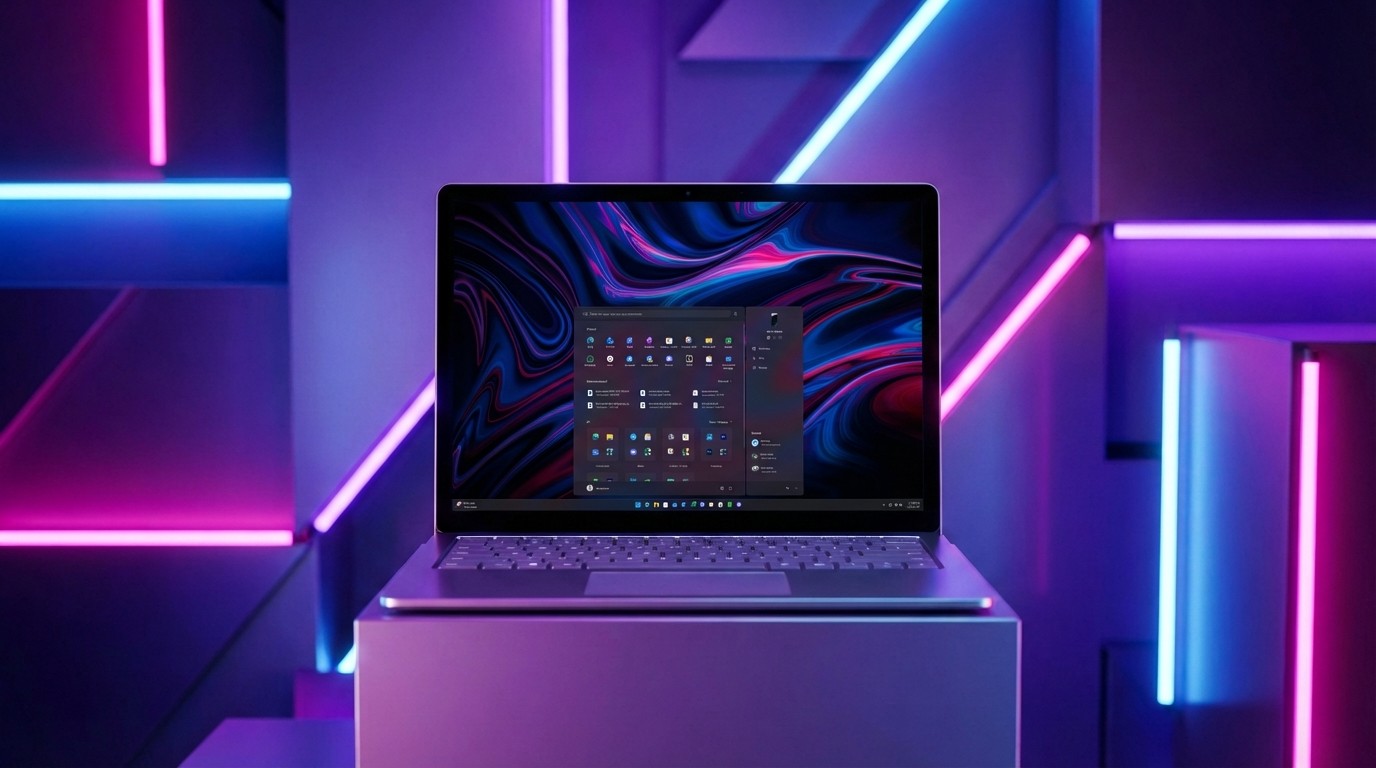Microsoft supercharges Bing servers with new programmable processors

All the latest news, reviews, and guides for Windows and Xbox diehards.
You are now subscribed
Your newsletter sign-up was successful
Microsoft has made a radical decision to essentially replace the processors used inside servers powering Bing. Codenamed Project Catapult, Doug Burger at Microsoft Research has been working to not physically remove the Intel processors, but rather compliment them with field-programmable arrays (FPGA) processors by Altera. The new components can be modified by the tech giant specifically for use with its own software and tools and handle processing for search.
Microsoft Research ran a pilot-system on Burger's concept to deploy a 1,600 server farm using the new chips. After testing and analysis, Microsoft has now given the green light to roll out the FPGAs to the company's live data centers, which is expected to kick off early next year. It's an interesting solution to a problem most major web-based companies face – processing power and capabilities.
The chips by Altera aren't new and have been around for some time, but they're slowly being used more by bitcoin miners and even some Wall Street firms due to many advantages over 'ordinary' processors. The customization now available to Microsoft has enabled them to build a super-search network called Catapult (derived from the project codename). The 1,632 servers each have a combination of a single Intel Xeon processor and a card with the Altera FPGA chip.
The new system essentially takes search queries from bing and offloads the work to the FPGAs, which are custom-programmed for the processing work required to calculate in which order search results are displayed. While speed increases and capacity are good things overall, this won't mean Bing will suddenly "seem faster" to consumers using the front-end web interface, but it will enable Microsoft to cut its running costs in half and reduce energy consumption.
"If all we were doing was improving Bing, I probably wouldn't get clearance from my boss to spend this kind of money on a project like this," noted Peter Lee, the head of Microsoft Research. "The Catapult architecture is really much more general-purpose, and the kinds of workloads that Doug is envisioning that can be dramatically accelerated by this are much more wide-ranging.
Microsoft isn't the first company to look at increasing capacity and efficiency with regards to its web services. Both Facebook and Google have been looking at improvements the companies can make on hardware, including low-powered ARM processors.
Project Catapult is just another cool concept being explored at Microsoft Research, which has not yet failed to surprise us with the end results.
All the latest news, reviews, and guides for Windows and Xbox diehards.
Source: Wired

Rich Edmonds was formerly a Senior Editor of PC hardware at Windows Central, covering everything related to PC components and NAS. He's been involved in technology for more than a decade and knows a thing or two about the magic inside a PC chassis. You can follow him on Twitter at @RichEdmonds.
